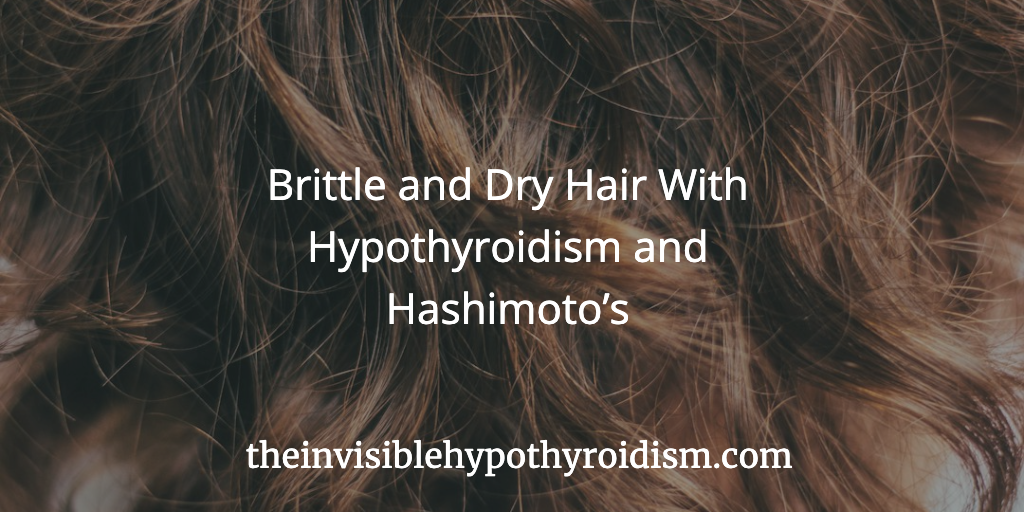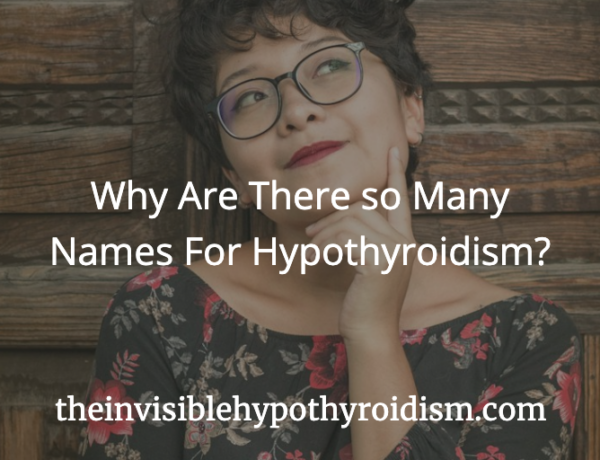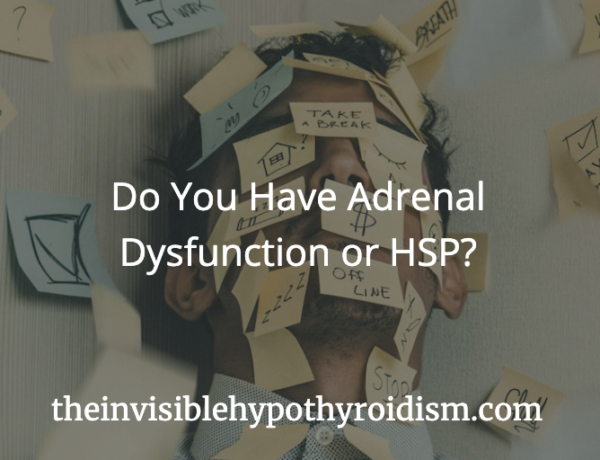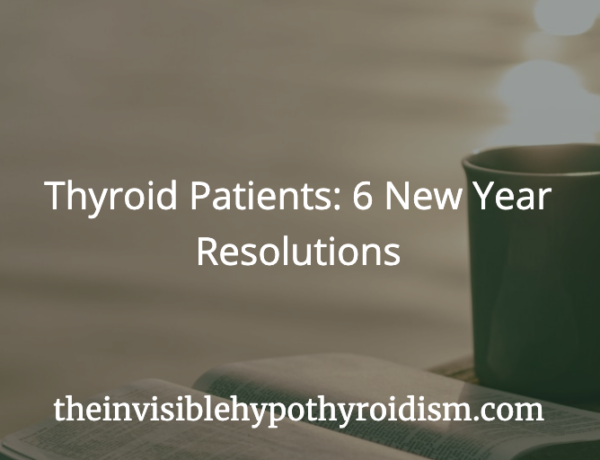Since thyroid hormone is needed for every function and cell in the body, effects when it is too high or too low can be far-reaching, however, the effects to hair is something that is experienced by many, many thyroid patients.
In past posts, I have answered the questions:
This article will look at why hair can become brittle and dry with thyroid disease.
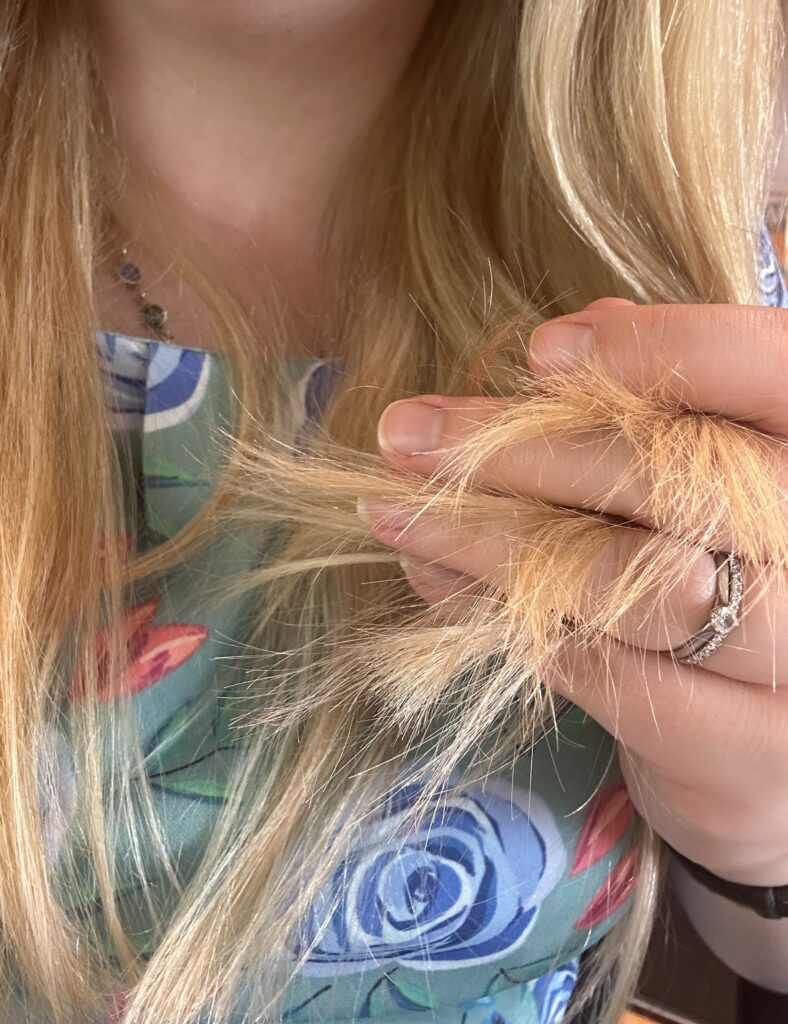
What Causes This Dry, Brittle Hair?
It is well recognised that hypothyroidism can cause dry, brittle hair.
Causes can range from low thyroid hormone levels, to low or deficient nutrient levels, a poor diet or unavoidable genetics. Taking these in to account, what may help to improve texture and quality of hair?
1. Optimal Thyroid Hormone Levels
Optimal thyroid levels are different to being ‘in range’. Optimal results are the places most thyroid patients say they feel best within the range. They’re more specific.
Optimal thyroid levels are stated to be a TSH below 2 or 2.5, and Free T4 midrange, with a Free T3 in the top quarter of the range. However, these can differ from person to person, but generally, if you have optimal thyroid levels, you shouldn’t be seeing thyroid symptoms linger, unless they’re being caused by something else (like those mentioned in this article!)
Click here to see full list of tests you should have done a hypothyroid patient.
You can also order your own full thyroid panel online, which can be a great option if your doctor won’t run all the tests. Find a UK option here and a US link here.
2. Optimal Vitamin and Mineral Levels
Low iron levels can cause skin to look pale, dull and dry, as well as having a similar effect on hair (and causing hair loss). Read more about iron and thyroid health here.
Low Vitamin D can be a contributing factor to poor skin and hair health, also. Many people are low in Vitamin D alongside having hypothyroidism or Hashimoto’s.
Low B12 and folate can also affect your hair. Healthy hair growth is dependent on synthesis of DNA and adequate B12 levels, so a potential sign of Vitamin B12 deficiency can be hair loss.
Biotin (B7) is a popular hair supporting supplement, however, can interfere with thyroid test results, causing falsely elevated thyroid levels, which can make you look overmedicated or hyperthyroid when you’re not. Therefore, it is advised to not take Biotin for at least 48-hours before a thyroid blood test.
Zinc plays a role in cell reproduction as well as hormonal balance, and these functions can affect your hair health. Zinc manages the glands that attach to your hair follicles, so when your zinc levels are low, these follicles can become weak, causing strands to break off or fall out. Read more about how so many of us with thyroid conditions are deficient in zinc, here.
Magnesium facilitates the release of energy from foods. It helps the body absorb nutrients, including those needed for hair health and hair growth. Therefore, low levels of magnesium in the body could be affecting your hair, too.
L-tyrosine is an amino acid responsible for skin and hair pigment as well as strong, healthy hair. Supplementing may therefore help with hair health. However, it’s worth knowing that this supplement can increase Free T3 and Free T4 levels, so it’s not recommended to take it alongside your thyroid medication without the go-ahead from your doctor.
As with all supplements, it’s not wise to take them unless you know you need them via testing first. You should always let your doctor know about starting new supplements too.
But it is well worth checking these nutrient areas if your hair health is suffering.
Related Post: Which Supplements Should I Take For My Thyroid?
3. Optimise Diet
The vitamins and minerals we get from food play a huge role in hair health. Healthy fats, nutrient rich foods and lots of water can support hair health. Obtaining enough omega-3 fatty acids, biotin, Vitamin D, Vitamin B12, Vitamin C, iron etc. from our diet can really support healthy hair.
We can obtain these from foods such as fish, meat, avocados, eggs, berries, spinach and nuts. Protein from nuts, eggs, dairy products and meat, in also important for healthy hair.
4. Rehydrate From The Outside
We can also hydrate and nourish hair from the outside. My hairdresser introduced me to hair oils and I love them. It makes my hair feel much smoother, hydrated and less frizzy. I am complimented on my hair a lot.
You may also reduce how often you’re using heat styling, and wash your hair around every 3-4 days to avoid drying it out, too.
We can also use a shampoo and conditioner with no sulphates, to reduce further drying out of hair.
5. Consider Ageing and Genetics
As we age, our hair may be more prone to fragility, dryness and brittleness, particularly grey hair. Addressing the above mentioned areas may help with hair condition, but cannot stop the greying of hair.
Some people also inherit dryer or frizzier hair types. Speaking to your hairdresser about the best products to look after this is key, as different types of hair require different ingredients to help them look and feel their best. For example, curly and wavy hair often have specific needs, and many people do not realise that their hair falls in to these categories, but once they use the right products and regimen, it becomes much healthier.
6. Consider Other Medications
Some medications may affect your hair health. Make sure you check the listed side effects of any medications you are using and consult your doctor if you believe any could be affecting your hair health and it is distressing to you. Never stop any medication suddenly – always use the guidance of a medical professional.
You can click on the hyperlinks in the above post to learn more and see references to information given.
7. Look into PCOS
On average, women with PCOS (Polycystic Ovary Syndrome) tend to have higher TSH levels and be subclinically hypothyroid when compared to controls of the same age without PCOS. Hypothyroidism, and in particular, Hashimoto’s, is more common in women with PCOS than in the general population.
PCOS can cause hair to feel dry, frizzy and brittle. Read more here.
Have you experienced this symptom? Feel free to share below.
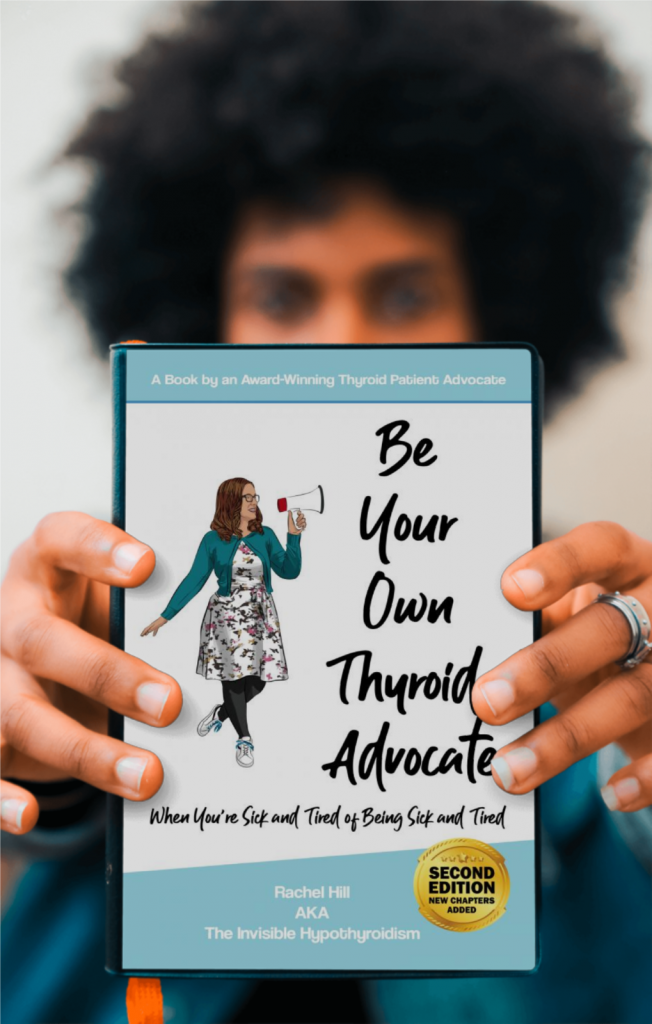
More information on this topic can be found in the bestselling book Be Your Own Thyroid Advocate.

